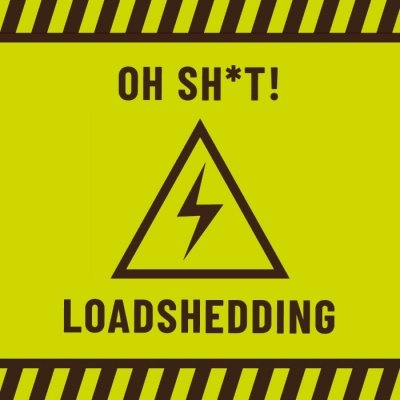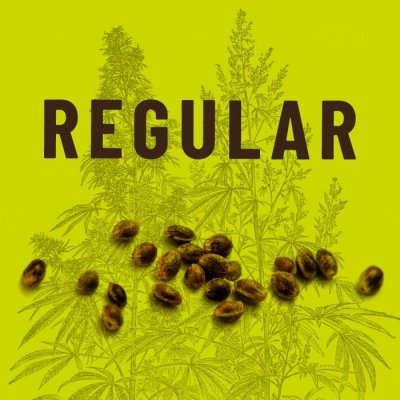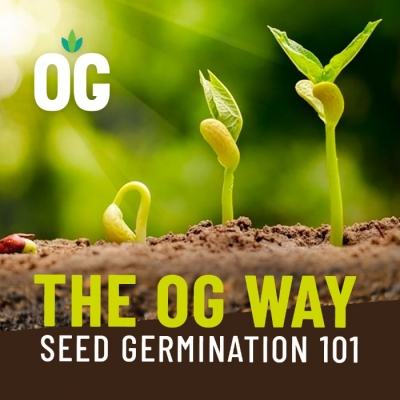Wondering what’s happening with South African cannabis laws? We’ll keep you updated right here, as things progress. First, we take a dive into the history of dagga in SA.
IN THIS ARTICLE:
Early Dagga History
Millennial Fightback
Legalization Breakthroughs
Post-Covid-19 Proceedings
Cannabis on the Streets
Legal History in SA: Racist Old White Dudes
Cannabis is thought to have been introduced to East Africa by Indian or Arab or Indian traders at least 1000 years ago. There’s archaelogical evidence of two smoking-pipe bowls from 1320. It’s believed to have been brough south by the Bantu people, and the first written record in South Africa comes from Jan van Riebeeck, who ordered officers to purchase “daccha” in Natal to trade with the Khoi-Khoi. It’s possible that early references may confuse Cannabis sativa with Leonotis leonurus or “wild dagga”, consumed by the natives long before European settlement.
The Dutch East India Company wanted to monopolize sales and prohibited cultivation by settlers in 1680, a ban which proved to be unfeasible and was lifted in 1700. By then, the “dagga belt” region of the Eastern Cape and KZN had already provided an excellent natural growing environment for South African landrace strains, like Durban Poison and Rooibaard.

Almost two centuries passed, until 1870, when Natal, the Cape, Transvaal, the Cape Colony, and the Free State started setting provincial restrictions. Cannabis was seen as a drug that caused laziness, crime, and “dagga insanity”. Some provinces started regulating sales in the early 1900s before modern prohibition as we know it, with criminalization beginning in 1922, largely due to fears of relaxed, non-racist attitudes and camaraderie – a shame shared by South Africa and the US. Marijuana was internationally outlawed in 1925 and fully criminalized in 1928.
All sorts of chaos ensued, including massive eradication programs and imprisonment in the 1950s. In 1961, the United Nations (UN) banned cannabis internationally. The 1970s saw crop eradication efforts ramped up, leading to aerial herbicide (paraquat) spraying by helicopters in the 1980s. Paraquat was later banned, leading to a switch to glyphosate by the South African Police Service’s (SAPS) in 1990.
The Drugs and Drug Trafficking Act was of 1992 deemed possession of more than 115 grams as a dealing offense., which was soon judged unconstitutional and amended based on the presumption of innocence. SA signed the Illicit Traffic in Narcotic Drugs and Psychotropic Substances treaty in 1998, to cap off a century full of unfounded prohibition and criminal attitudes towards dagga in South Africa and around the world.
New Millenium, New South Africa, Same Politics
The year 2000 saw Cape Town usher in the new millennium by upping advocacy for dagga legalization through an annual Cannabis Walk each May. The Dagga Party was founded by Jeremy Action in 2009, aiming to give marijuana consumers the equal rights to those alcohol and tobacco. POPCRU (Police and Prisons Civil Rights Union) has recommended legalization to spare state resources since that same year. The “Dagga Couple” were founded following the arrests of Julian Stobbs and Myrtle Clarke for possession and dealing in 2010, which they argued was unconstitutional.
In 2013, the Anti-Drug Alliance of SA reported that the war on drugs created victims instead of solutions and that current policies were a drain on state finances. Dr. Mario Oriani-Ambrosini treated his lung cancer with cannabis and introduced the Medical Innovation Bill in 2014, targeting medical and industrial legalization, which was eventually rejected. The WHO declared glyphosate a “probable carcinogen” in 2015, which saw Fields of Green for All and the Amaphondo Children’s Project take legal action to stop aerial crop spraying by SAPS through via environmental lawyer Ricky Stone. 2017 saw the the “Trial of the Plant”, in which the Dagga Couple started suing the government.
Medical and Recreational Legalization Breakthroughs
In 2017, Dr. Oriani-Ambrosini’s proposed bill led to the legalization of medical marijuana and the implementation of a licensing framework for its cultivation. On 31 March 2017, Judge Dennis Davis ruled in the Western Cape High Court that parts of the Constitution of the Republic of South Africa, relating to personal cultivation, possession and use of marijuana, were invalid. Subsequently, the Supreme Court of South Africa agreed and decriminalized the private use and private cultivation of marijuana on Tuesday, 18 September 2018, deeming the old laws unconstitutional. This meant that adults could now use weed privately, grow it for their personal use, and even share seeds and seedlings with friends. In August 2020, the legal limits were proposed (we already wrote all about that) but are yet to be signed into law. The suggested parameters are outlined below.

Post-Covid-19 Marijuana Legal Progress
After the worldwide panic that was the Covid-19 pandemic, Parliament finally addressed the draft Cannabis for Private Purposes Bill during public hearings held by Parliament’s Justice and Correctional Services committee, beginning in August 2021.
On Tuesday, 24 August 2021, The Department of Health supported the bill, subject to addressing:
- Child safety: Anyone under 18 years old should be protected, with persons providing cannabis to (buying or selling) adolescents being guilty of a Class A offense.
- Second-hand smoke: Distances for what is considered private use should be defined to protect youths and non-consenting adults.
- Road safety: Police should be trained and equipped to detect impaired drivers, who should be adequately prosecuted.
During a three-day public participation process (31 August - 2 September 2021), members of the public too voiced concerns:
- Pro-cannabis lobbyists criticized: 1. Parliament’s failure to properly consult the public before drafting the bill, and 2. The heavy legal restrictions that fail to recognise the plant’s full socioeconomic potential.
- Researchers and indigenous communities had concerns around: 1. The need for accurate definitions to distinguish “cannabis” from “hemp”, 2. Unfair THC restrictions, 3. Inflated harm surrounding marijuana, and 4. Not recognising the plant’s nutritional and environmental potential for biofuel.
- The Dagga Party and Cosatu requested fairer, more balanced restrictions compared to alcohol.
- The Centre for Child Law requested more leniency for child offenders.
- The Rastafarian Ganja Council felt that the bill violated their religious and medicinal practises.
- The bill also failed to address commercial sales and protect small-scale growers, who called for a cheaper and more efficient solution to setting up facilities and obtaining current licensure, with costs said to go into the millions.
Following an initial governmental response on 23 November 2021, deliberations have continued over into 2022, the year during which there is great hope to finalize the legalization of personal, private weed use and growing in SA.
What’s Happening on the Streets?
Until we reach commercial legalization, there will continue to be a black market for marijuana flower in South Africa – with no path to legal business available. Currently, the government is issuing and profiting off cultivation licenses, but these growers or licensed producers (LPs) have no legal avenue to sell their product.
On a smaller scale, very sadly, law enforcement sometimes still fails to uphold the Supreme Court’s judgement deeming reasonable personal cannabis use and cultivation as part of a person’s right to privacy. The legal area is still grey, until legalization is written into law. However, if you are abiding by the proposed limits, while you may face an outdated and unconstitutional mentality by police enforcement, you will not be prosecuted. We’ll keep our opinions on corruption aside for now.
So, the proposed law only makes limited provision for growing and using dagga at home, but this decriminalization of personal use and growing has set the foundation for future, fully legal recreational and medical cannabis market in South Africa. While the draft Cannabis for Private Purposes Bill is still undergoing deliberations (you can track its progress here), it is anticipated to pass in 2022. Commercialisation will soon follow, and certain licenses are already being issued.
The only question that remains is what to do in the meantime? Visit our seeds catalogue or brands and breeders page to decide for yourself.




